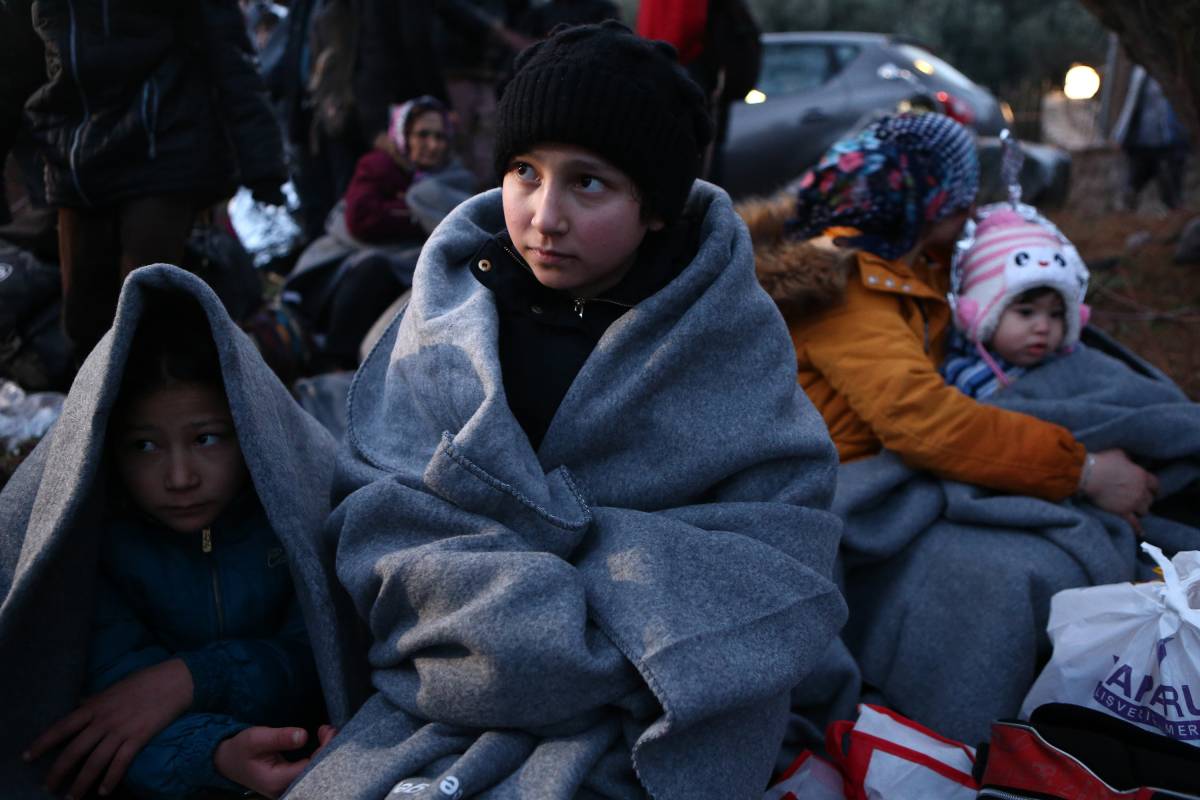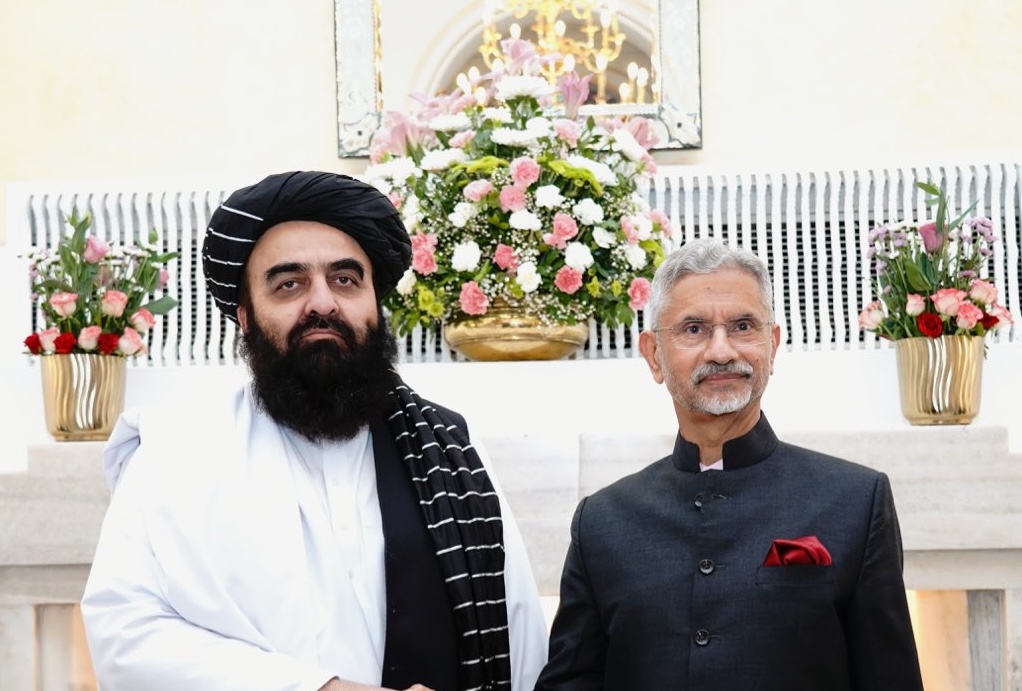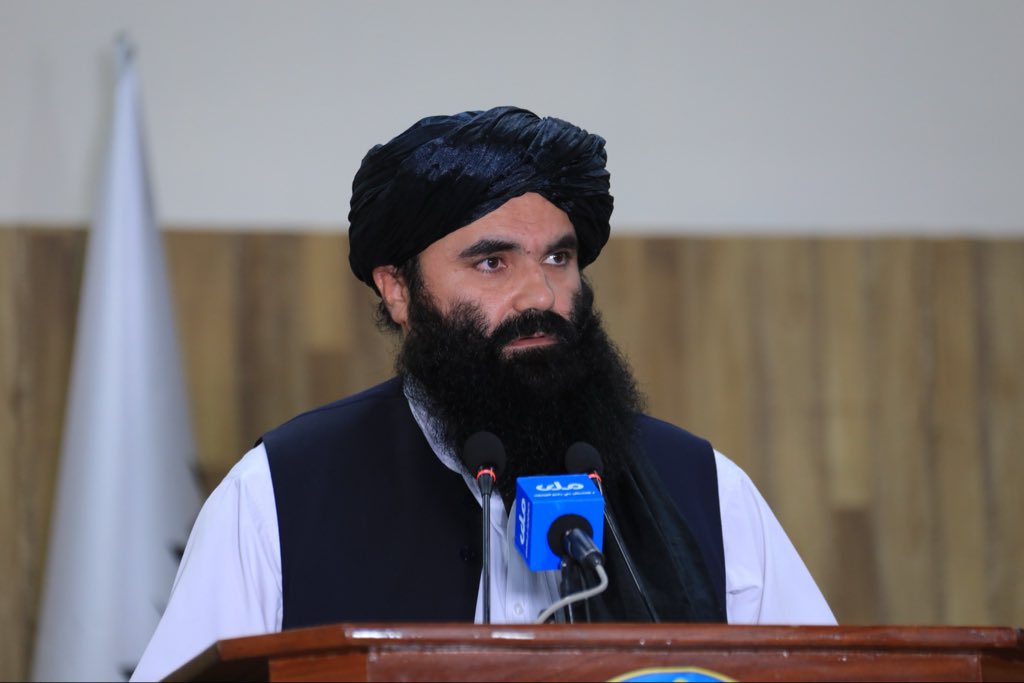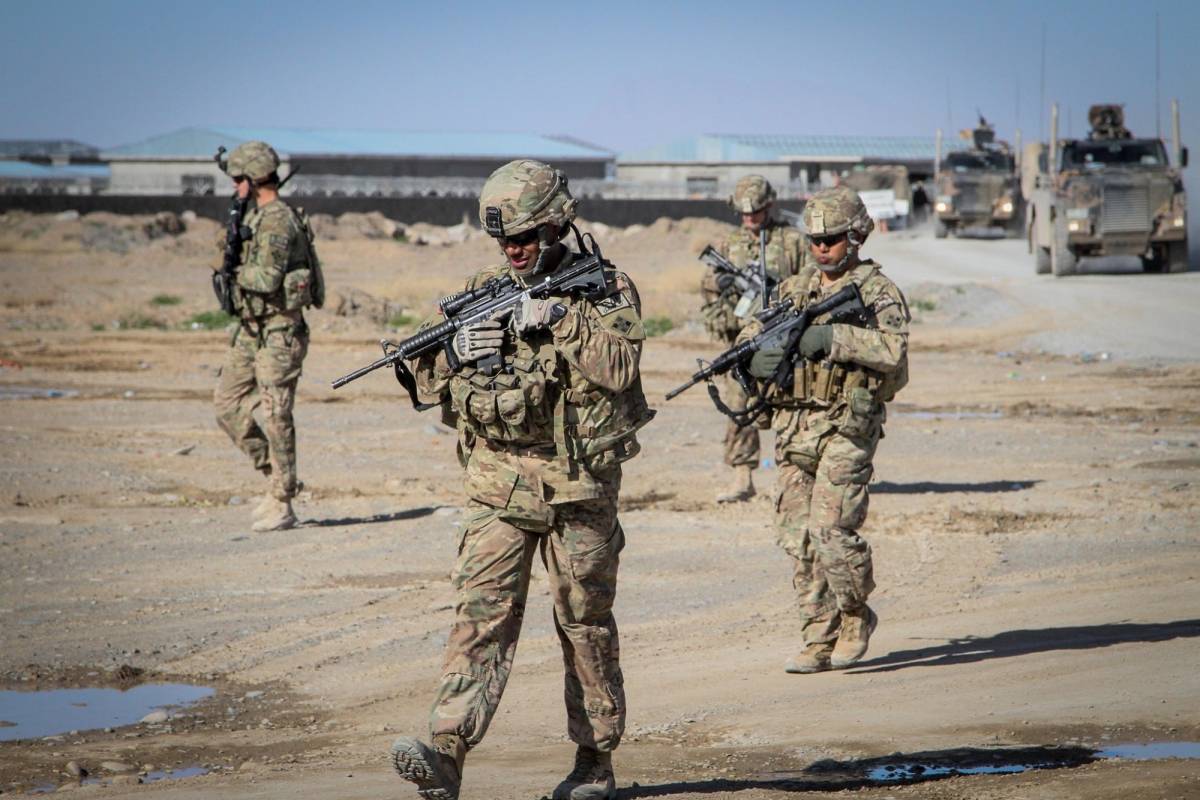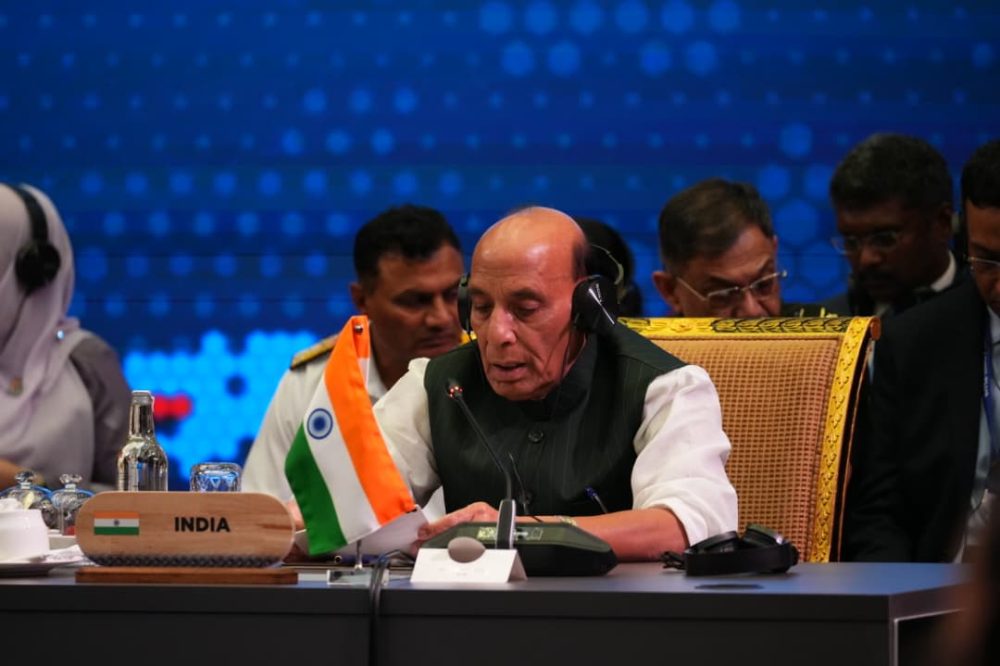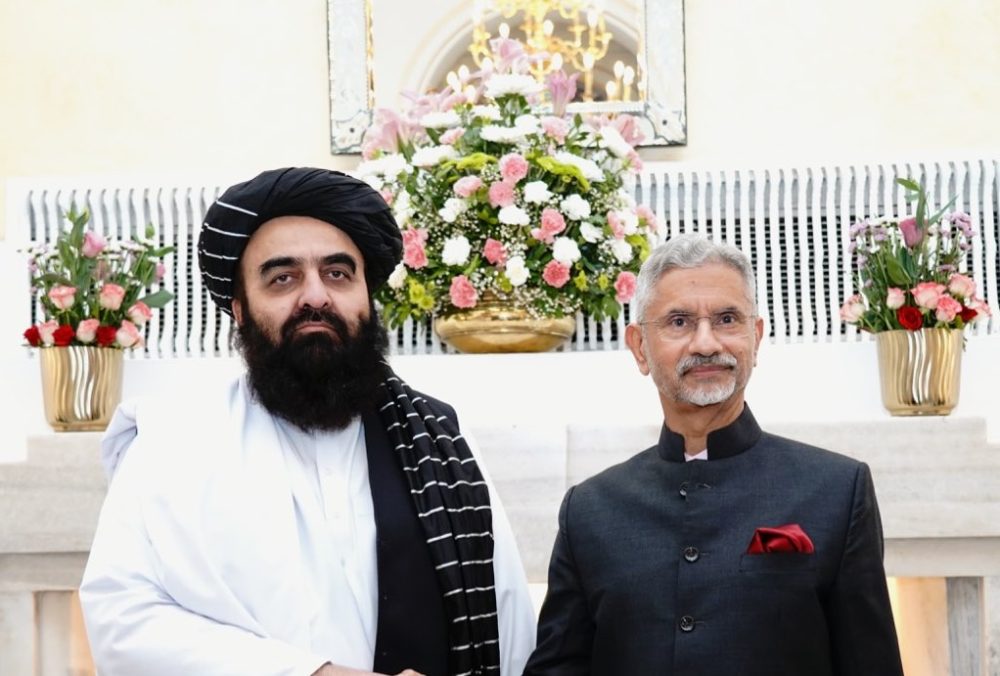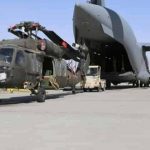With the conflict in the country intensifying, children have been forced from their homes and cut off from their schools and friends…reports Asian Lite News
Afghan children have paid the heaviest price in recent weeks of increased conflict and insecurity, said a UN Children’s Fund (UNICEF) senior official, adding that the world “cannot abandon them now”.
George Laryea-Adjei, Regional Director for UNICEF South Asia, said: “Now, with a security crisis, skyrocketing food prices, a severe drought, the spread of COVID-19, and another harsh winter just around the corner, children are at greater risk than ever.”
The children have been deprived of basic healthcare that can protect them against polio, tetanus, and other diseases. With the conflict in the country intensifying, many have been forced from their homes and cut off from their schools and friends, UN News reported.
The UNICEF has predicted that if the current trend continues, one million under-fives in Afghanistan will face severe acute malnutrition, a life-threatening condition.
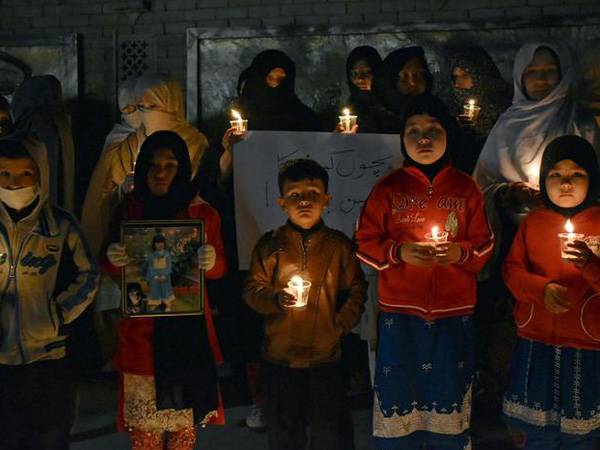
Laryea-Adjei said more than four million children, including 2.2 million girls, are out of school.
Around 300,000 youngsters have been forced to flee their homes, some of whom were in bed sleeping, “and too many of them have witnessed scenes that no child should ever see”, he said.
“Children and adolescents are struggling with anxieties and fears, in desperate need of mental health support,” he added.
With some humanitarian partners considering cutting aid to Afghanistan, Laryea-Adjei voiced concern over having enough resources to keep health centers up and running, schools open, and services available to treat severely malnourished children.
The UNICEF, which has been in Afghanistan for more than six decades, continues to maintain a field presence across the country and is engaging with interlocutors to scale up the response.
The agency is currently supporting mobile health and nutrition teams at camps for displaced people, and setting up child-friendly spaces, nutrition hubs, and vaccination sites, while also prepositioning additional lifesaving supplies and supporting thousands of students in community-based education classes. (ANI)


